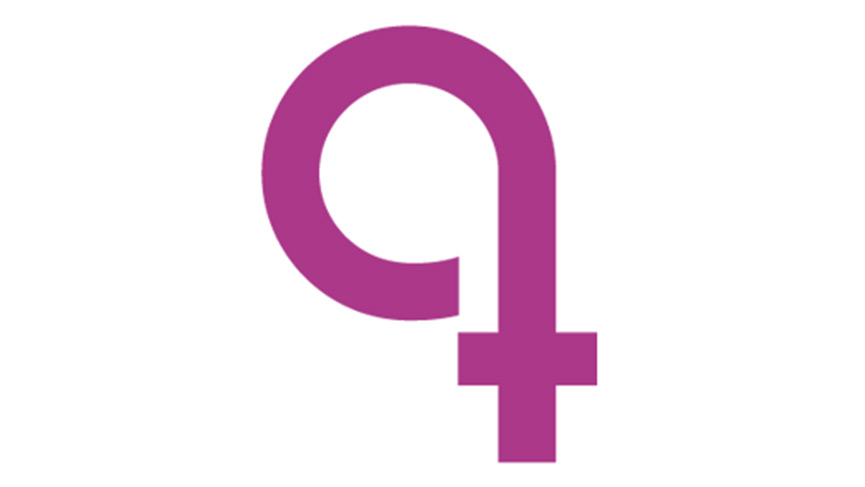''For the present form of this world is passing away'' (1 Cor 7:31)

General
The president of the Assembly of Catholic Bishops of Quebec, Archbishop Christian Rodembourg, signs a document prepared by the Council on Church and Society on the effects of the pandemic on workers and society.
From AECQ
(In-house translation, original in French)
THE PANDEMIC, AND HEALING THE SOCIAL FABRIC
For several months now, the human family has been afflicted on a global scale by the sweeping onset of an unprecedented calamity unknown in our time. Similarly, Québec society has been hit hard by the novel coronavirus pandemic. The massive layoffs affecting workers; the temporary or permanent closure of businesses; the drastic drop in economic activity; the confinement of people-at-risk; social isolation; the extra efforts required of caregivers; the difficulty in maintaining services for the elderly, the homeless and the most disadvantaged, not to mention the numerous deaths as a result of the contagion and the grief that grips us all: these are all signs of a crisis in which we are put to the test but which generates a time of great social solidarity.
Under these circumstances, the faith community at-large has refocused on life within the "domestic Church", nurturing Christian life in the home, while maintaining connections between one another as much as possible through various means. The Catholic Church in Québec has sought to stand in solidarity alongside all Quebecers. Our communities remain particularly attentive to the needs of those most affected by this situation, especially those who have lost their jobs. Many Church employees share the same plight as the hundreds of thousands who are now unemployed. Many of them have volunteered with community organizations, helping them to maintain services to those in need. While everyone awaits a return to regular life and the resumption of normal activities, many of us share, at the same time, the conviction that this exceptional situation embodies a call for change, given the innovative responses we have witnessed in recent weeks.
The current crisis is affecting our lifestyles, our ways of working, our attitudes toward consumption, our family and social relationships, and even our ways of dealing with death. Now is the time to reflect on our deeply held values, the interconnectedness of humanity, the ability of social groups to offer mutual support, the inequality of living conditions, as well as the devastating impact of climate change linked to unbridled economic growth and the excessive exploitation of resources. We have a responsibility to one another.
The coronavirus draws attention to the limitations of our socio-economic system. The social solidarity awakened in many of us, spawned by the spread of COVID-19, appears to be a chain reaction that could permanently transform our daily lives. As such, we have seen the emergence of timesharing agreements among workers, demonstrations by employers out of concern for their employees, businesses placing themselves at the service of society's needs by adapting to the production of essential goods, and collaborative initiatives between businesses and community groups.
We have also witnessed the great efforts made by governments to adapt or create economic programs to respond to people’s expressed needs. Public authorities and the business community have managed to put measures in place to establish, at least temporarily, the equivalent of a guaranteed minimum-income system. The various wage-subsidy programs have helped compensate for the loss of income experienced by those who have lost their jobs as a result of COVID-19. The current crisis thus becomes an opportunity to think about the sustainable implementation of a guaranteed minimum-income scheme for all citizens. The incentives currently in place to support employment need to be part of the “toolbox” used generally, not only in a crisis. There will be an "after" to the current public-health crisis, which will impact our social and economic health. When that time comes, we must not fail to adapt the systems that support us, given that the economy and public health are invariably linked.
The current public-health crisis, while causing a negative socio-economic impact, is also causing systems to adapt and innovative solutions to be found. It is evident that these negative effects both impact the most vulnerable groups within society and only increase social inequalities, which in turn has long-term consequences for public health. This remains a great challenge for us. We must continue to tackle these issues by seeking ways to resolve them.
A new way of living has begun to emerge from the depths of this crisis: let us act so that everything we are learning during this time, in building greater social solidarity, has an enduring effect. Our society is capable of this and has proven it.
Over the course of the past few weeks, the Church in Québec, like many other institutions, has complied as requested in an effort to respect and abide by the government’s health guidelines. We wanted to stand alongside society, which collectively held its breath and placed itself “on-hold”. But the Church has not ceased, and will not cease, to accompany, through spiritual support and concrete acts of solidarity, those who are suffering from the health crisis and the economic upheavals that result from it. Let us continue to move forward together to build a more mutually supportive society and a true civilization of love!
+ Christian Rodembourg
Bishop of Saint-Hyacinthe
President of the Assembly of Catholic Bishops of Quebec
April 17, 2020.
This message has been prepared by the members of Council on Church and Society: Bishop Marc Pelchat, president, Bishop Claude Hamelin, Bishop René Guay, Ms. Sabrina Di Matteo, Ms. Émilie Frémont-Cloutier, Mr. Frédéric Barriault, Mr. Simon Labrecque

Comment
Comment
Add new comment